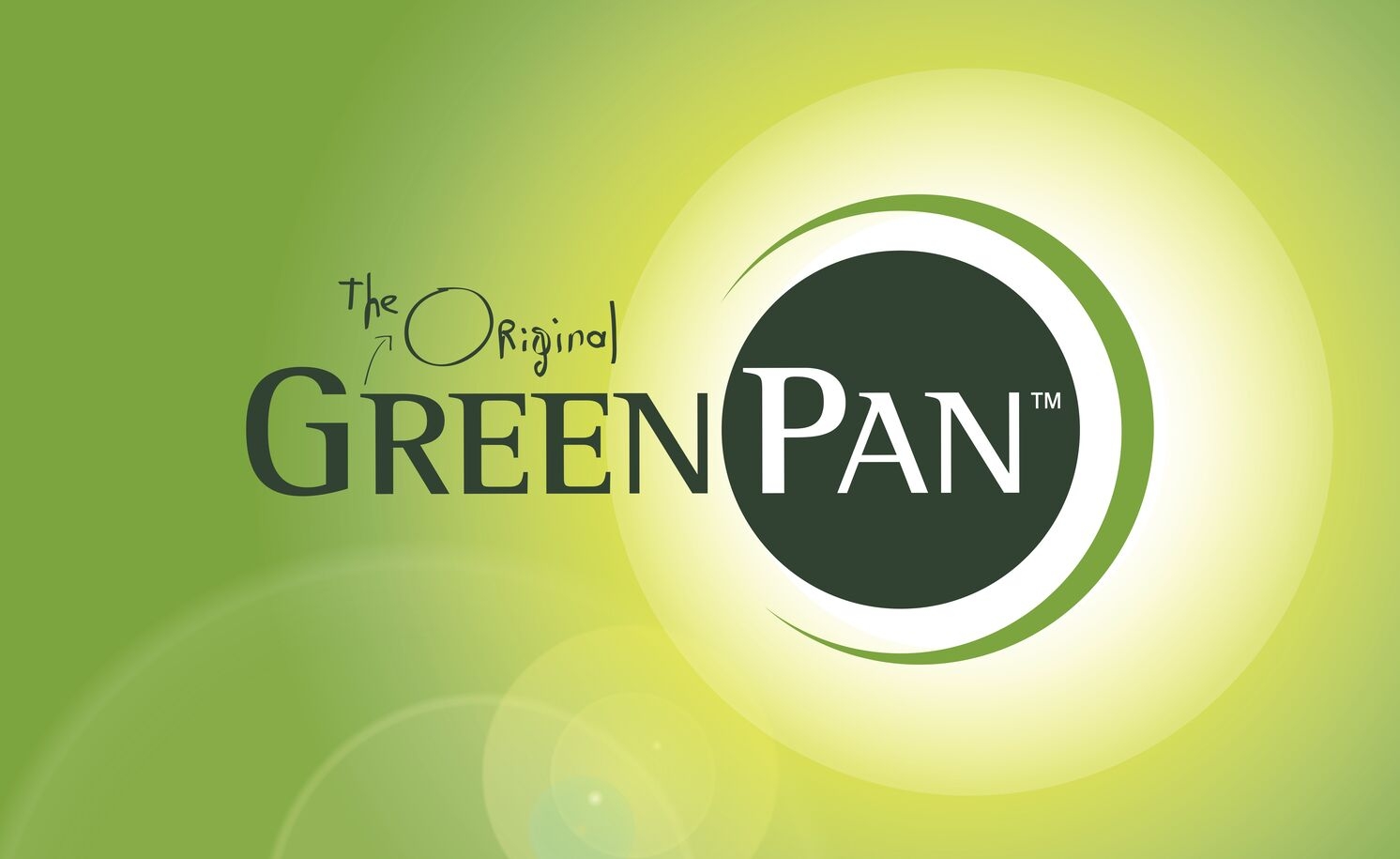Return to work after breast cancer deserves a prominent place within the treatment pathway

Pink Monday informs on importance of return to work
Pink Ribbon and the NIHDI joined forces several years ago to develop the Pink Monday. A nod to the well-known "Blue Monday," which refers to the most depressing day of the year. Pink Ribbon wants to turn the often difficult day of returning to work into a joyful, hopeful day.
Research shows bottlenecks in role of caregivers
Recent research commissioned by the RIZIV and coordinated by Huget Désiron (European Certified Occupational Therapist), shows that also in oncological care a relative consensus is present about the fact that reintegration should get a prominent place from the start of the treatment process. However, caregivers themselves indicate that, in current practice, it is virtually impossible to effectively take up that role because of a lack of resources and people, of knowledge and tools, of focus, ...
The need among patients to possibly combine long-term treatments with (part-time) work and the recognition of cancer as a chronic condition form the basis for developing an approach that fits the long-term recovery process. Thus, recovery must not only be worked on medically. Psychosocial care, which includes reintegration into the workplace, must also be included as one of the objectives in the care offer from the very beginning.
Best practice to make reintegration more negotiable
The study concludes that a common roadmap should be developed for all patients that parallels the evolution of their recovery while still allowing for individual "customization." A crucial role is assigned to a central figure who performs a coordinating function.
Pink Monday code of conduct
So there is a clear unanimity among health care providers and patients alike: reintegration deserves proper attention. That is why Pink Ribbon invites you to make a difference. By doing so, you show your colleague that you stand by her before, during and after her breast cancer diagnosis and help her return to work.
Read the full study Exploring practice-based evidence focused on retention/resume work for cancer patients in Belgium here.
Continue reading

What options after mastectomy?

Your new hair after chemo
.jpg)

.png)












.png)
















